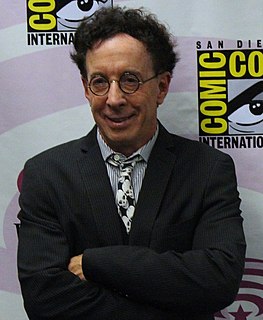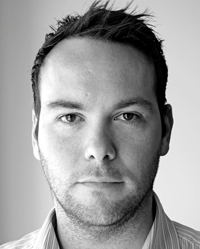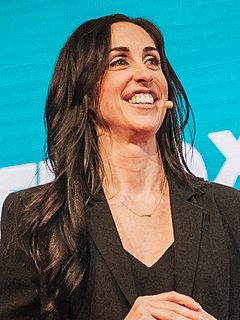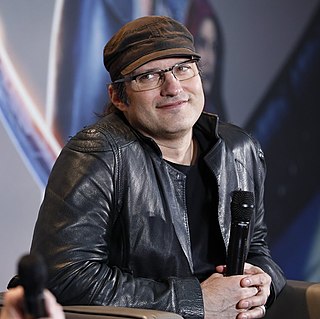A Quote by James Cameron
Storytelling is storytelling. You still play by the same narrative rules. The technology is completely different. I don't use one piece of technology that I used when I started directing.
Related Quotes
The technology that lets many people use the same radio channel at the same time is called smart antenna technology or adaptive array technology or interference mitigation. This technology uses computer processors to take the signals from multiple antennas at each location and sorts the various signals out so they don't interfere with each other.
People always think of technology as something having silicon in it. But a pencil is technology. Any language is technology. Technology is a tool we use to accomplish a particular task and when one talks about appropriate technology in developing countries, appropriate may mean anything from fire to solar electricity.
You can't just stop technological progress. Even if one country stops researching artificial intelligence, some other countries will continue to do it. The real question is what to do with the technology. You can use exactly the same technology for very different social and political purposes. So I think people shouldn't be focused on the question of how to stop technological progress because this is impossible. Instead the question should be what kind of usage to make of the new technology. And here we still have quite a lot of power to influence the direction it's taking.
We [Rodriguez and Frank Miller] wanted to take the movies and turn them into a graphic novel, so that people wouldn't even know what they were looking at. It's still visual storytelling, but it's approached completely different. The two mediums don't have to be separate mediums. They can be one and the same.




































